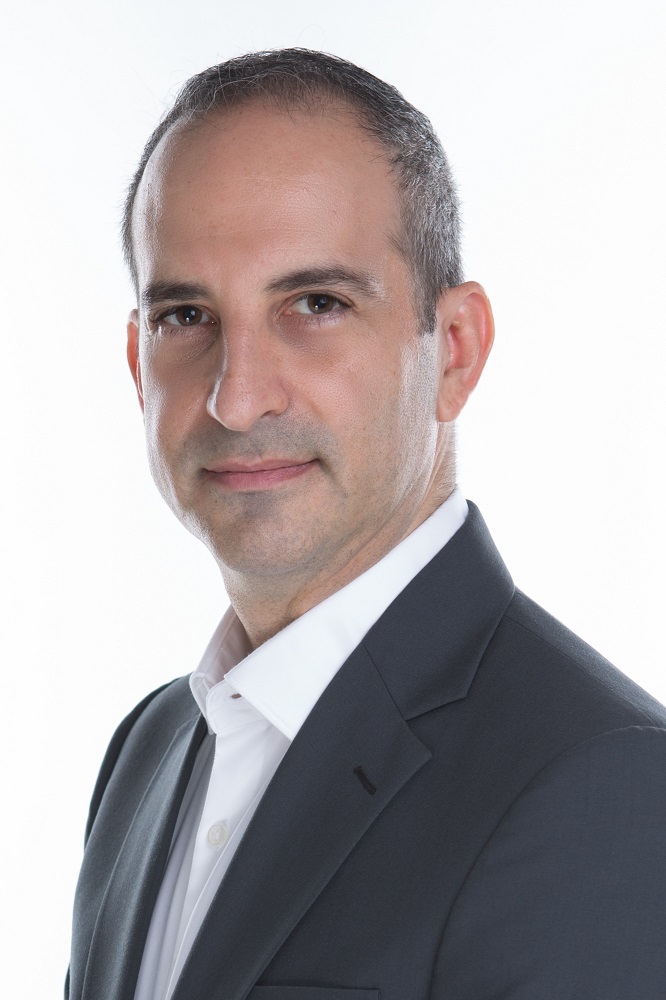Healthcare abuses that companies should watch out for

In 2017, a routine review of claims turned up two questionable claims from ‘Maia’*, a member of one of our group plans in Singapore.
Upon further investigation, we observed that procedures typically costing US$75 – US$150 came in at US$475 on her claims, and the invoices had inconsistent formatting, numbering, and tax amounts.

Derek Goldberg is the Managing Director, Asia Pacific, at Aetna International. One of the largest providers of international private medical insurance, Aetna International serves more than 900,000 members worldwide, including expatriates, local nationals and business travellers.
Our special investigations unit began reviewing all of Maia’s claims and found that most of the claims had been altered or fabricated based off a template invoice from 2011.
The total value of fraudulent claims was in the six-figure range, and Maia was required to pay it back as quickly as possible.
Fraud, waste, and abuse in healthcare
Fraudulent and unnecessary spending in healthcare directly affects both the financial performance of health insurers, as well as the premiums employers and individuals must pay.
It also means that money, care and resources that should be sustaining and improving healthcare is instead being rerouted towards ineffective and inefficient treatments; or worse – criminal activity.
In March, the Health Minister of Singapore called attention to the growing ‘buffet syndrome’, where full rider policies (with no co-payments) drove an over-consumption of healthcare services.
Examples of abuse included a policyholder with a rider who opted to undergo a S$70,000 procedure instead of an equally effective S$5,000 option, and another policyholder who went for 12 nasal scopes in a year – without a clear medical need.
“[It] is clear that full riders have a detrimental impact on overall healthcare costs in Singapore. This is a key reason why rider premiums have increased by up to 225 per cent over the past two years,” said Senior Minister of State for Health Chee Hong Tat.
While some of this over-consumption is a result of unethical medical practices, there’s also a need to recognise that people’s perception of how health services should be delivered also plays a big role in the dysfunction.
There’s a general belief in the fallacy that quantity and cost of treatment directly correlates to quality of treatment and outcomes, and that the professional judgments of health care providers cannot be challenged.
Shifting these perceptions will take time; and a concerted joint effort between individuals, employers, medical practitioners and insurers.
How can HR professionals help?
As a start, HR professionals should seek partnerships with health insurers with demonstrated processes and policies in place to reduce instances of fraud, waste and abuse.
Examples of this could include technology available to detect fraudulent activity, or intervention processes for potentially high cost claims – such as an integrated care management program that helps individuals to navigate the complex healthcare system and make wise decisions about their healthcare.
Their health insurer should also be able to provide advice on ways to adjust their health benefits plans to make their employees better consumers of healthcare – strategies such as introducing co-payments, or a preferred medical network.
Insurers can also help employers and their employees understand the impact of fraud, waste, and abuse.
Insurance fraud is sometimes incorrectly thought to be a “victimless crime”, so individuals must be educated that exploiting their benefits for short-term monetary gain increases the cost of providing the entire group with health insurance benefits, putting the company scheme at risk.
To combat fraud, individuals should stay vigilant in protecting their corporate health insurance policy information by taking precautions around their health insurance card as they would a credit card.
With adequate diligence, we can temper the impact of rising healthcare costs, making healthcare affordable to all levels of society.
* Names have been changed to protect the privacy of individuals.



